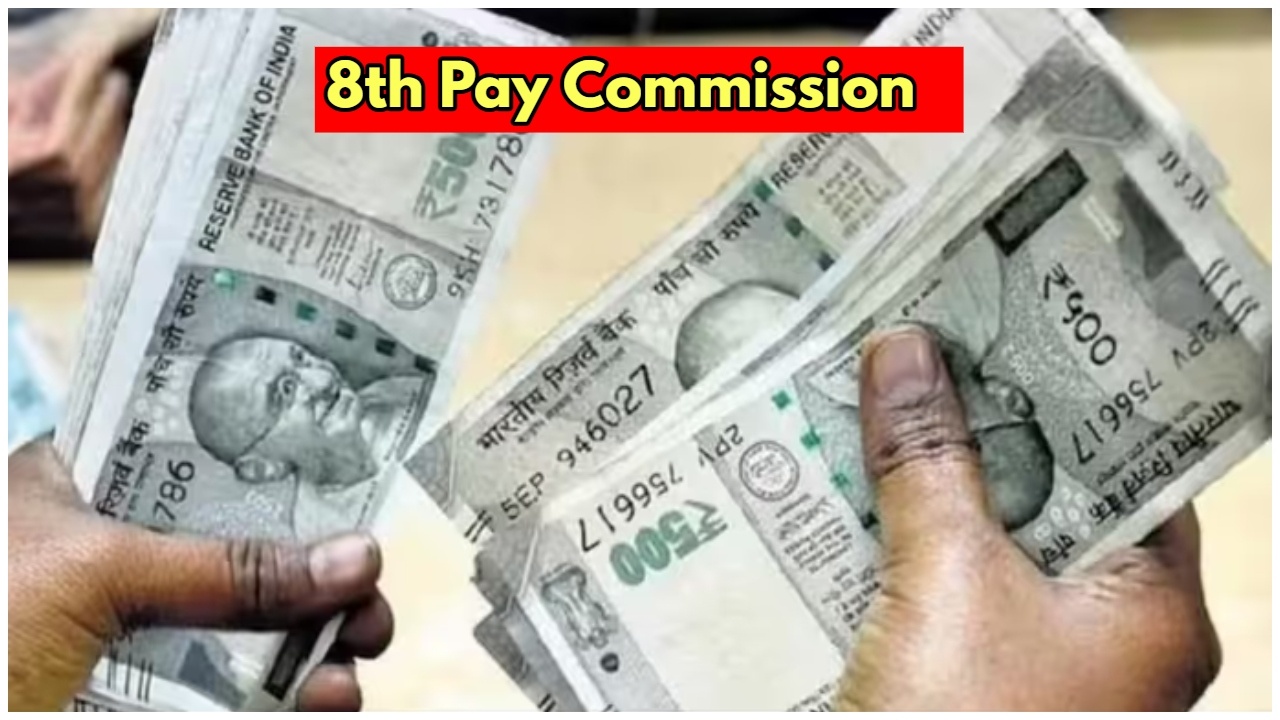
Central Government Employees Await Major Salary Boost from 8th Pay Commission
The Indian government’s proposed 8th Pay Commission has sparked widespread anticipation among central employees and pensioners, with significant salary revisions expected. Although the commission was formally approved in January 2025, its formation remains pending, leaving workers in limbo. Industry experts suggest the government could finalize the commission’s establishment by July 2025, potentially triggering a historic salary surge. This development would mark the first major revision in the pay structure for central government employees in over a decade, following the 7th Pay Commission’s 2015 reforms. The potential increase is projected to address long-standing concerns about inflationary pressures and purchasing power erosion, offering a much-needed financial uplift to millions of public sector workers.
Projected Salary Increases and Fitment Factor Details
According to recent analyses, the proposed salary adjustments could result in substantial gains for different employee tiers. Level 1 employees, currently earning a minimum of Rs 18,000, might see their salaries rise to Rs 34,560 if the fitment factor remains at 1.92. This would translate to an additional Rs 16,560, significantly improving their financial stability. Similarly, Level 2 employees earning Rs 19,900 could potentially reach Rs 38,208, a boost that could enhance their standard of living. These figures, while not yet officially confirmed, are being widely circulated in media reports and industry circles, generating optimism about the potential benefits for the workforce.
Implementation Timeline and Historical Context
The timing of the 8th Pay Commission’s implementation is a critical factor in its impact. Industry experts estimate that once formed, the commission could take 16-18 months to complete its review process, potentially leading to an implementation date around January 2027. This timeline aligns with the historical pattern of pay commissions, which have been established every ten years since the 1980s. The 7th Pay Commission, implemented in 2015, set a precedent for major salary revisions, and its 10-year cycle has now reached its conclusion. The proposed 8th Pay Commission would thus mark a significant milestone in the evolution of public sector compensation structures, with far-reaching implications for the workforce.
Impact on Central Government Operations and Budget Planning
The potential salary revisions could have profound effects on the central government’s fiscal planning and operational efficiency. A substantial increase in employee salaries would directly impact the annual budget, requiring careful allocation of resources to maintain fiscal discipline. However, proponents argue that the long-term benefits of a motivated and better-compensated workforce would outweigh the initial financial outlay. The revised pay structure could also influence recruitment strategies, improve employee retention, and enhance service delivery across various government departments. As the government moves closer to finalizing the commission’s formation, stakeholders are closely monitoring developments that could reshape the public sector landscape in the coming years.
Public Sector Workers’ Anticipation and Industry Reactions
The anticipation surrounding the 8th Pay Commission has generated significant interest among public sector workers, unions, and industry experts. While the exact details remain under review, the potential for a major salary boost has already sparked discussions about its implications for workforce morale and productivity. Industry analysts suggest that the proposed revisions could address long-standing grievances and bring public sector compensation in line with private sector standards. As the government approaches the July 2025 deadline for commission formation, the focus is shifting towards the final stages of the process, with all eyes on the outcome that could redefine compensation for millions of central government employees.




